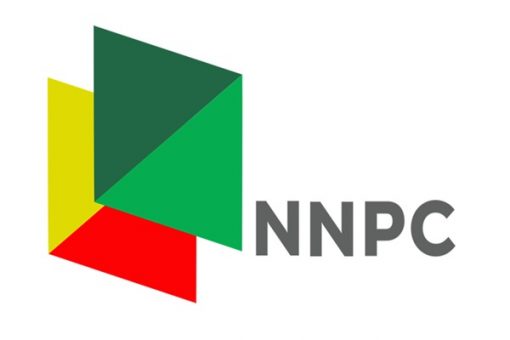By Eshiorameh Sebastian, Abuja
Transparency International Nigeria (TIN) and the Civil Society Legislative Advocacy Centre (CISLAC) have endorsed calls for a comprehensive investigation into the Nigerian National Petroleum Company Limited (NNPCL).
Auwal Musa Rafsanjani, Head of TIN and Executive Director of CISLAC, voiced his support for the probe during an interview with
Channels Television on the sidelines of the World Bank Group (WBG) and International Monetary Fund (IMF) Spring Meetings in Washington, D.C.
Rafsanjani stressed that a rigorous examination of the NNPCL’s operations is essential to strengthening transparency, improving accountability, and ensuring that oil sector revenues are effectively managed for the benefit of the Nigerian people.
He further revealed that TIN and CISLAC are pushing for a multi-faceted audit approach, encompassing financial, operational, and procedural reviews to ensure full scrutiny of the state oil firm’s activities.
“It is a welcome development to have an audit of NNPCL. However, we are advocating not just for a financial audit, but also for physical and process audits.
“Only a comprehensive, multi-layered review can uncover systemic weaknesses and chart a course for genuine reform and revitalisation of Nigeria’s oil and gas sector,” he said.
Rafsanjani explained that while financial audits assess records and transactions to ensure compliance with regulatory standards and verify the accuracy of reports submitted to bodies like the Nigeria Extractive Industries Transparency Initiative (NEITI), physical audits verify the existence and state of assets such as pipelines and oil wells. Process audits, on the other hand, examine internal controls and operational procedures to ensure efficiency, transparency, and adherence to global standards.
Despite the enactment of the Petroleum Industry Act and Nigeria’s ongoing membership in the Extractive Industries Transparency Initiative (EITI), Rafsanjani warned that the oil and gas sector continues to be plagued by inefficiency, mismanagement, and a lack of professionalism.
“There is no way we can continue like this. If we are serious about liberating the Nigerian economy, the oil and gas sector must be reformed and made truly productive for the people,” he added.
He recommended that the President should no longer double as Minister of Petroleum Resources to ensure independence and effective oversight of the NNPCL.
Rafsanjani expressed hope that the current push for a comprehensive audit of NNPCL would not be similarly ignored.








































Discussion about this post